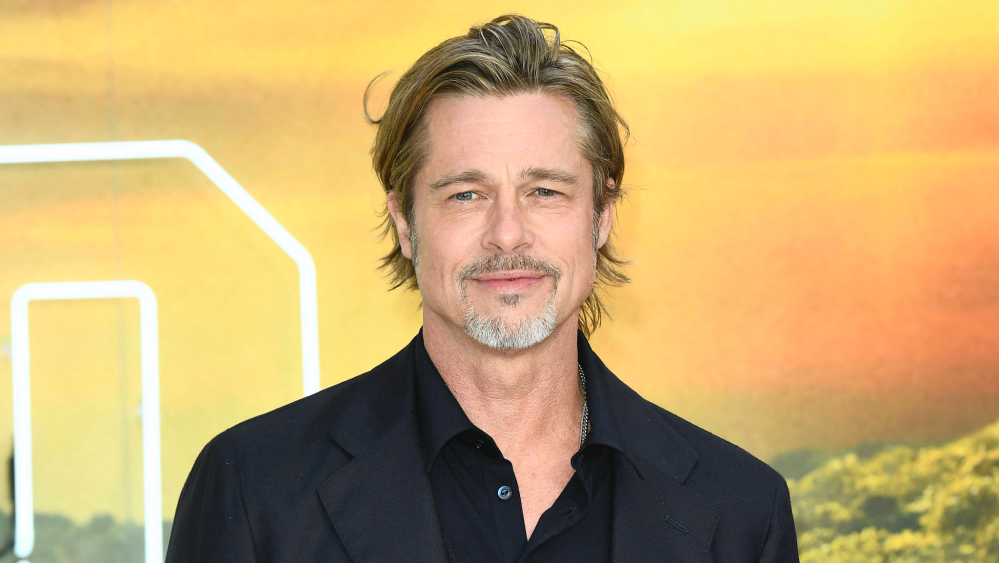
As one of Hollywood’s most recognizable figures, Brad Pitt’s recent announcement of retirement sent shockwaves through the entertainment industry and his vast fanbase.
Known for his versatile performances and a career spanning more than three decades, Pitt has been an enduring presence in film, from heartthrob roles to more nuanced, character-driven performances. His decision to step back from acting raises significant questions about his legacy, the future of film, and the impact of celebrity retirements.
Pitt’s announcement was not just a surprise; it was steeped in emotion. After years of tackling demanding roles and navigating the complexities of fame, he expressed a desire for a more balanced life. In recent interviews, Pitt articulated feelings of exhaustion and a longing to explore other passions beyond acting. He spoke about wanting to invest time in his family, delve into his interests in architecture and design, and perhaps even pursue opportunities behind the camera in a more substantial way. This shift signals a broader trend in Hollywood, where many stars are reevaluating their careers and seeking fulfillment outside of the relentless pace of acting.
Throughout his illustrious career, Pitt has showcased an incredible range of talent. From iconic performances in *Fight Club* and *Se7en* to his Academy Award-winning role in *Once Upon a Time in Hollywood*, he has consistently challenged himself and captivated audiences. His ability to inhabit diverse characters has not only solidified his status as an A-list actor but also contributed to his influence within the industry. His retirement feels like the closing of a significant chapter, leaving fans nostalgic for the roles he brought to life.
The implications of Pitt’s retirement extend beyond his personal life. His departure raises questions about the future of the film industry, particularly as it grapples with changes in audience preferences and the growing influence of streaming services. Pitt has been an advocate for quality storytelling and artistic integrity, and his absence may create a void in a landscape that increasingly prioritizes commercial success over substantive narratives. His choice could inspire other actors to consider their paths, potentially leading to a wave of retirements or career shifts among other prominent figures.
Moreover, Pitt’s retirement prompts reflection on the nature of celebrity and its pressures. The toll of fame—scrutiny, expectations, and the relentless pursuit of success—can weigh heavily on individuals in the public eye. Pitt’s decision to step back highlights the importance of mental health and personal well-being, encouraging others to prioritize their own needs in a demanding industry. It’s a reminder that even the most successful figures are human, facing challenges and transformations that resonate with many.
While fans may feel a sense of loss at Pitt’s retirement, it also opens the door for new voices and stories in film. The industry is filled with emerging talent eager to share their perspectives and narratives. Pitt’s legacy will undoubtedly influence the next generation of actors and filmmakers, encouraging them to pursue authenticity and creativity.
In conclusion, Brad Pitt’s announcement of retirement is not just a personal milestone; it marks a significant moment in Hollywood history. His departure raises important questions about the future of film, the nature of celebrity, and the ongoing quest for fulfillment in a demanding profession. As he steps away from the spotlight, fans and industry professionals alike will reflect on his remarkable contributions to cinema and the lasting impact he has made. While his on-screen presence will be missed, his influence will continue to resonate in the stories told and the artists inspired by his journey.
Leave a Reply